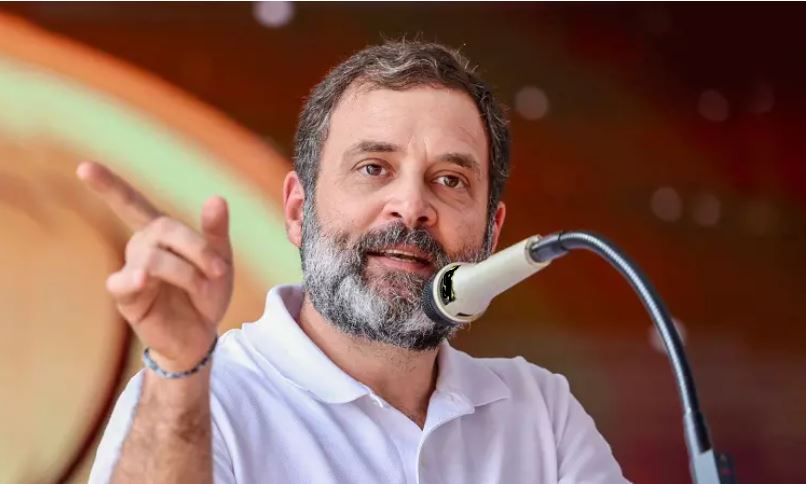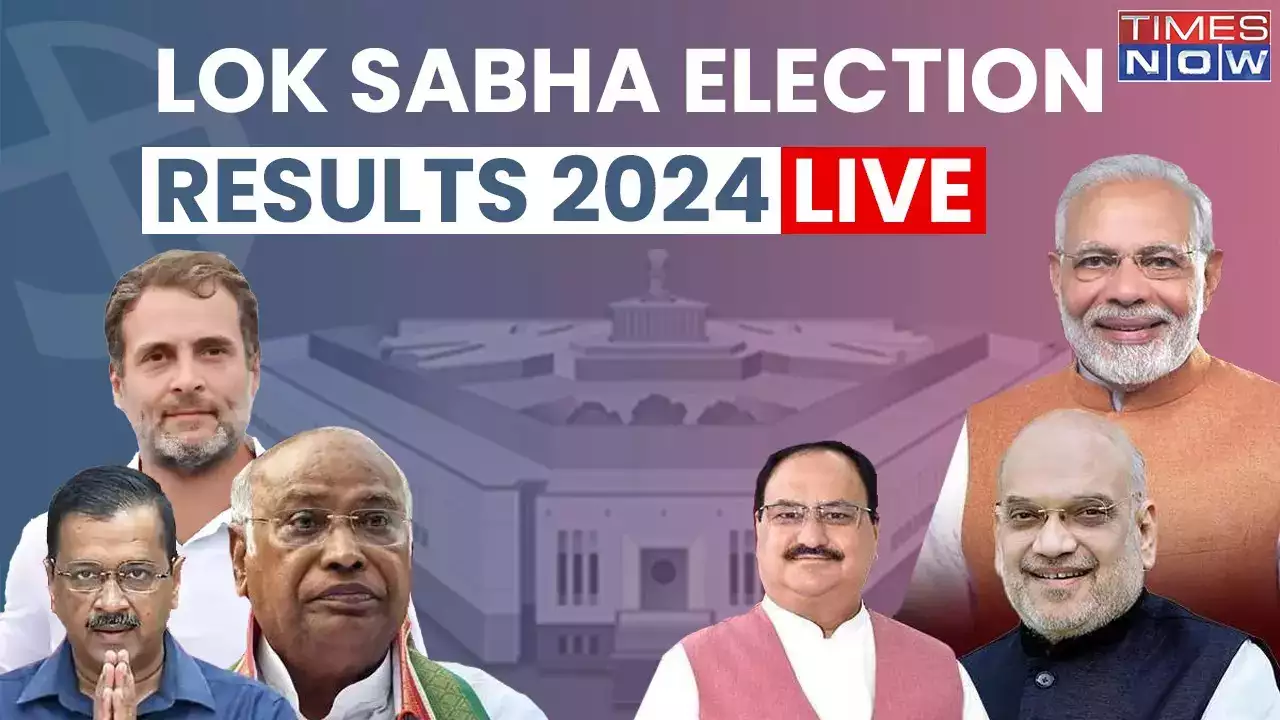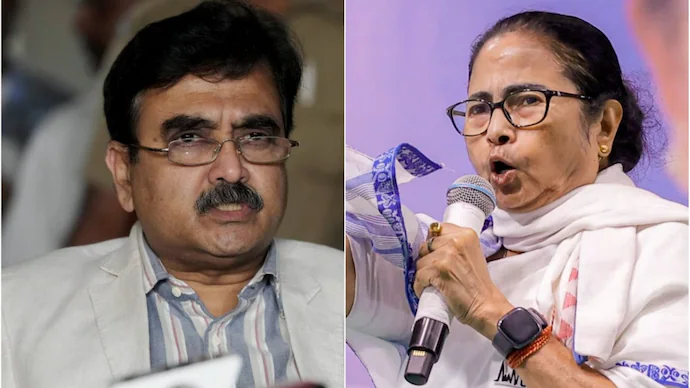The elections in Rae Bareli are centered around the Gandhis’ legacy, the BJP’s challenge, and crucial issues such as development and employment. The political landscape, featuring key figures like Amit Shah and Modi, and the influence of the caste dynamics, shape the electoral discourse.
The enthusiasm surrounding the election campaign in this Gandhis’ stronghold of Rae Bareli in Uttar Pradesh surpasses the challenges of scorching temperatures and relentless summer heat, as the prestigious seat gears up for polling on May 20.
Given the constituency’s history, not only the outcome but also the margin of victory will undoubtedly be extensively discussed and analyzed long after the conclusion of the 2024 Lok Sabha elections.
Congress general secretary Priyanka Gandhi Vadra is leading the campaign for her brother Rahul Gandhi. Engaging in multiple street-corner meetings daily, she consistently emphasizes her family’s century-old connection with the constituency, echoing the campaign motto of ‘Sewa ke sau saal’ (100 years of public service).
“My great grandfather Pandit Jawahar Lal Nehru came to Munshiganj (in Rae Bareli) in 1921 to express solidarity with the agitating farmers. He evolved into a leader on the pious soil of this land, thanks to the people here,” Priyanka stated at a rally.
The Gandhis’ enduring “electoral bond” with Rae Bareli spans over seven decades, beginning with Feroze Gandhi, who won the seat in 1952 and 1957, followed by Indira Gandhi’s prolonged association from 1967 onwards.
Meanwhile, BJP candidate Dinesh Singh, a minister in the Yogi Adityanath government who lost to Sonia in 2019, is banking on his party’s development-centric agenda. Singh’s team is attempting to address the concerns of voters disappointed with perceived missed opportunities despite the constituency sending political heavyweights to Parliament for decades.
Singh criticizes Rahul for allegedly disregarding his grandfather’s contributions and highlights his commitment to Rae Bareli, contrasting it with Rahul’s perceived transient presence in the constituency.
Despite being close to the Gandhis during his tenure with Congress from 2009 to 2018, Singh’s relationship with the family soured after he was suspended for alleged misconduct in 2018. He subsequently joined BJP and contested against Sonia in 2019.
The BJP’s seriousness in challenging Rahul is evident from Union Home Minister Amit Shah’s assertion that victory in Rae Bareli would be equivalent to 400 seats. Shah’s active involvement in Singh’s campaign and efforts to garner support from local leaders underscore BJP’s determination.
Development and the legacy of past projects initiated by Sonia Gandhi are prominent issues in the election discourse. While some praise the earlier initiatives, others express concerns over discontinued projects.
Issues like water scarcity, employment, and rising education costs also feature prominently, especially among young voters who prioritize their future over political legacies.
The caste matrix continues to play a significant role, with Thakur and Yadav voters holding considerable sway. BJP’s social engineering strategy aims to capitalize on caste fault lines while challenging the Gandhis’ dominance.
In the complex electoral landscape of Rae Bareli, the contest between Rahul Gandhi and Dinesh Singh unfolds as a battle of legacies and aspirations, with BJP’s candidate succinctly summarizing it as: “It’s Sonia ka beta vs Rae Bareli ka beta.”




